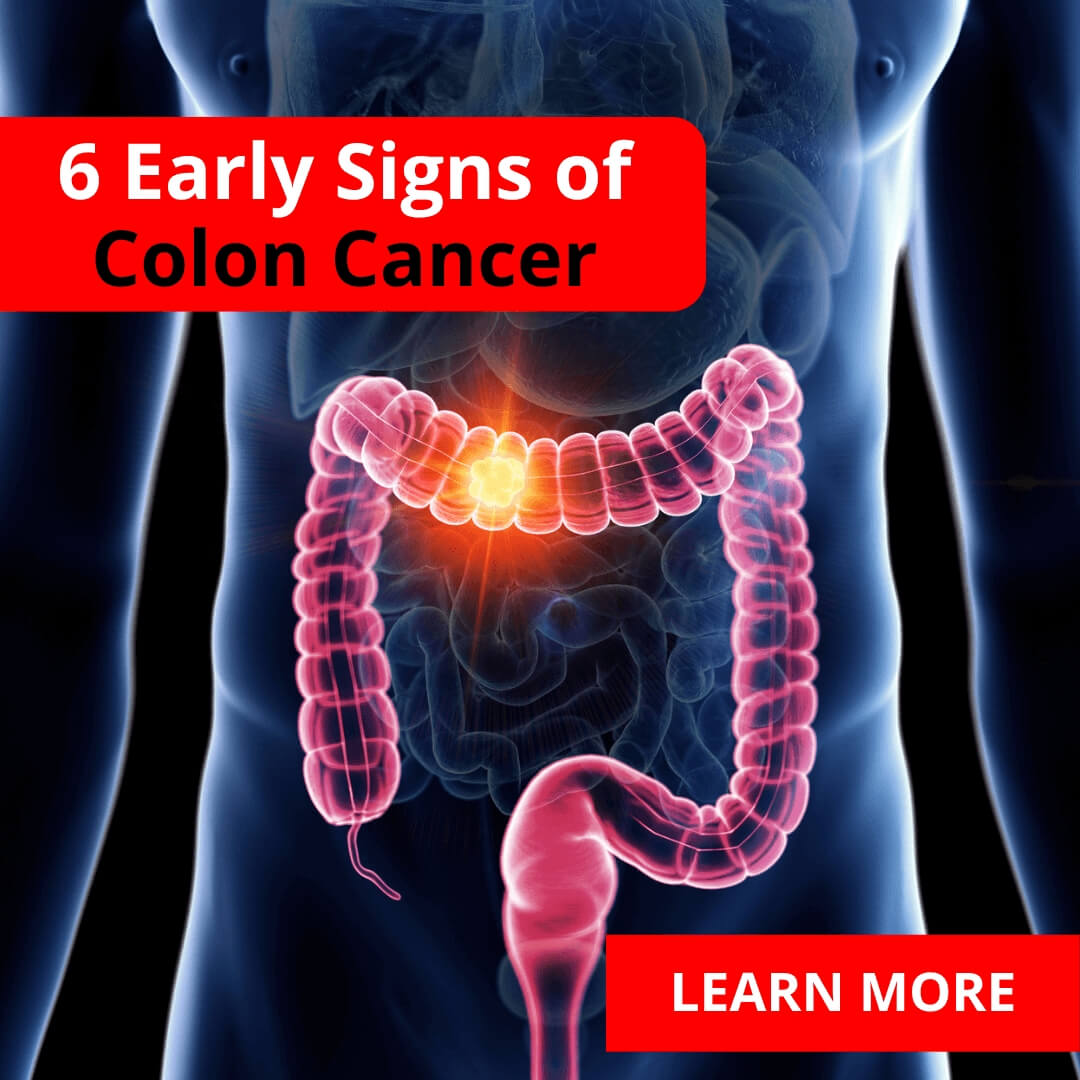6 Early Signs of Colon Cancer That Shouldn’t Be Ignored
Colon cancer is one of the most common types of cancer worldwide, and detecting it early can make a significant difference in treatment success. While it often develops silently, certain warning signs may indicate a problem before the disease progresses. Understanding these symptoms can help in seeking timely medical attention and improving the chances of successful treatment.
Changes in bowel habits, persistent discomfort, and unexplained weight loss are just a few of the indicators that something may be wrong. Although these symptoms can be linked to other digestive issues, ignoring them could mean missing an opportunity for early intervention. Recognizing the body's signals and acting fast is crucial in catching colon cancer at its earliest and most treatable stage.
Unexplained Changes in Bowel Habits
A sudden shift in bowel movements, including chronic diarrhea, constipation, or a change in stool consistency, can be an early red flag. If these issues persist for more than a few weeks without an obvious cause, a medical evaluation is recommended. Irregular patterns that come and go might seem harmless, but when paired with other symptoms, they could signal an underlying condition.
Blood in the Stool or Rectal Bleeding
One of the most alarming and telling signs of colon cancer is the presence of blood in the stool. Bright red or dark, tarry stools can indicate internal bleeding in the digestive tract. While hemorrhoids can also cause rectal bleeding, persistent or unexplained blood loss should never be ignored. Consulting a healthcare professional can help determine the source and rule out more serious concerns.
Persistent Abdominal Pain or Cramping
Frequent bloating, cramping, or pain in the lower abdomen that doesn’t seem to have a clear cause may be a sign of an obstruction or inflammation in the colon. Unlike typical digestive discomfort, this pain may not subside with dietary changes or over-the-counter medications. If accompanied by other symptoms, medical attention is crucial to rule out potential causes, including colon cancer.
Unexplained Weight Loss and Fatigue
Sudden, unintentional weight loss can indicate that the body is struggling with an underlying illness. Colon cancer, like many other cancers, can interfere with the body's ability to absorb nutrients, leading to weight loss and persistent fatigue. If daily energy levels feel lower than usual without any lifestyle changes, a doctor’s visit may be necessary.
A Feeling of Incomplete Bowel Movements
A constant sensation of needing to empty the bowels, even after using the restroom, could be linked to colon cancer. This symptom, known as tenesmus, occurs when a tumor partially obstructs the colon, preventing complete evacuation. Over time, this can become increasingly uncomfortable and should be assessed by a medical professional.
Iron-Deficiency Anemia
Chronic blood loss from colon cancer can lead to iron-deficiency anemia, causing symptoms such as pale skin, dizziness, shortness of breath, and extreme fatigue. If bloodwork reveals low iron levels without an obvious dietary or medical explanation, further testing for gastrointestinal bleeding may be necessary.
What to Do Next
Early detection is the key to increasing survival rates for colon cancer. Regular screenings, especially for those over 45 or with a family history, can detect precancerous polyps before they develop into cancer. Maintaining a healthy diet, staying active, and managing weight can also contribute to colon health.
Ignoring these warning signs could delay crucial treatment. Anyone experiencing persistent symptoms should seek medical advice to rule out any serious conditions. Colon cancer is highly treatable when caught early, making awareness and timely action essential for prevention and recovery.
